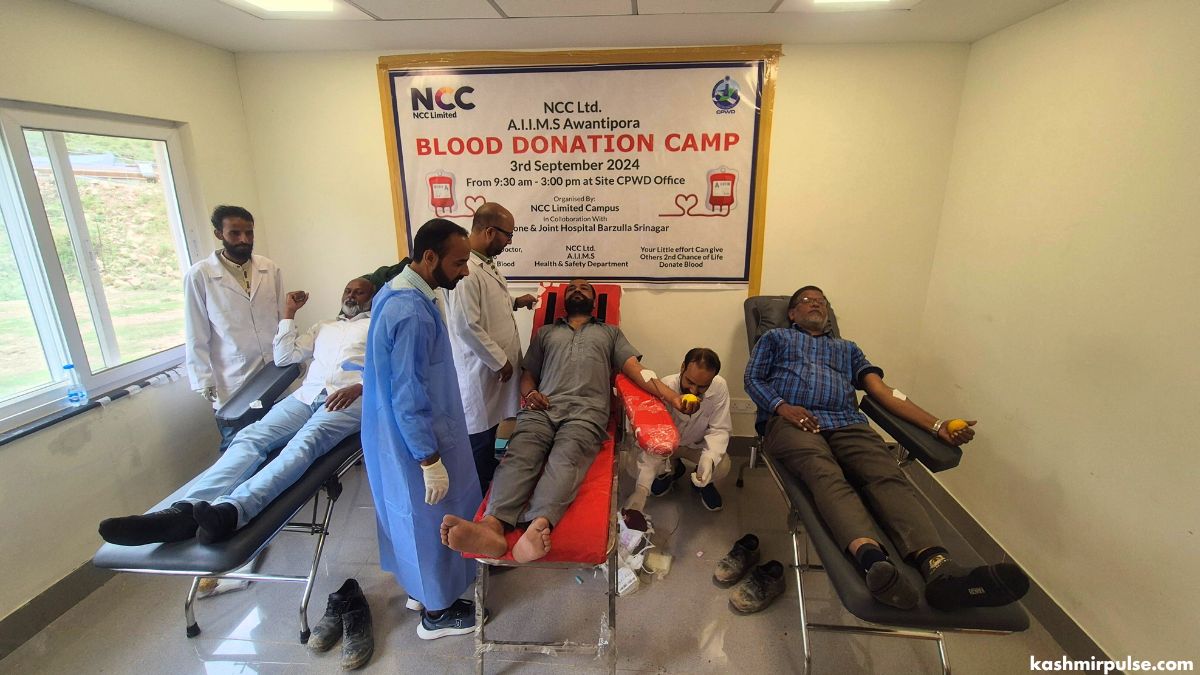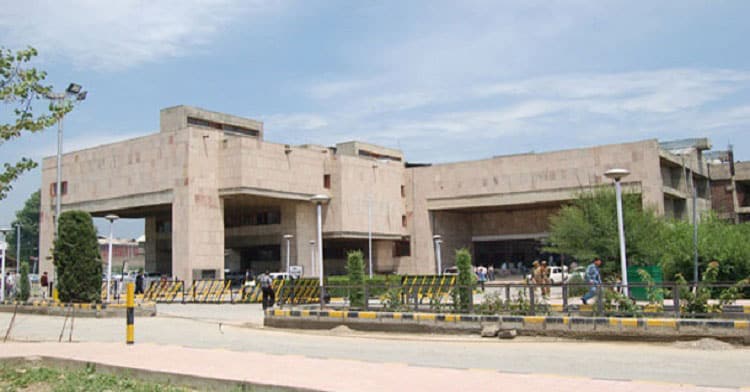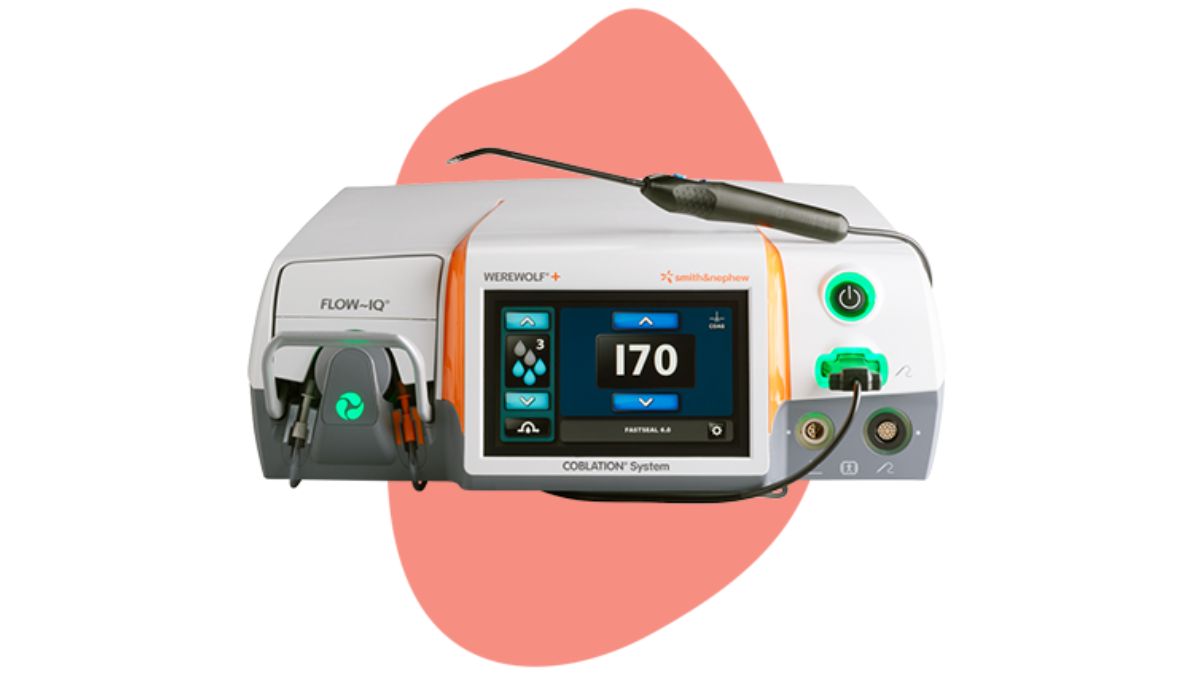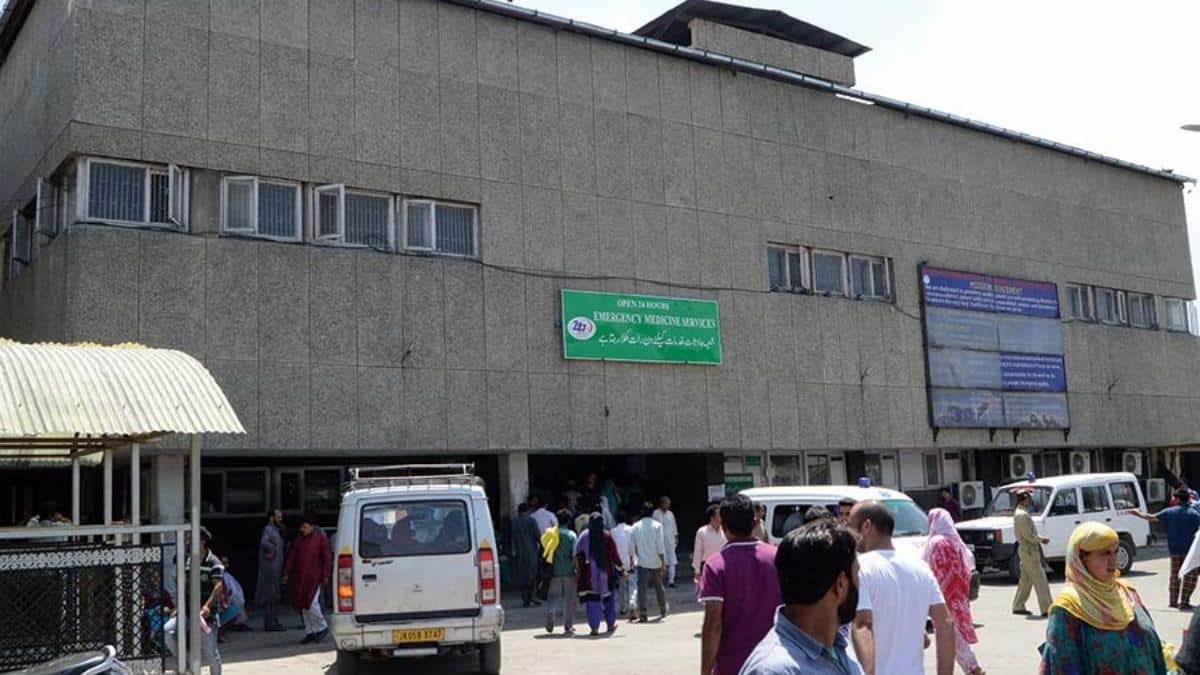Blood donation camp in AIIMS Awantipora collects 40 pints

PULWAMA — The Health and Safety Department of NCC Limited, in collaboration with the Government Bone and Joint Hospital Srinagar and All India Institute of Medical Sciences (AIIMS) Awantipora, successfully organized a blood donation camp at Central Public Works Department (CPWD) facility of AIIMS Awantipora on Tuesday. This is the third consecutive year that NCC Limited has hosted this life-saving event.
The camp witnessed enthusiastic participation from local residents, staff and volunteers. It was aimed at raising awareness about the importance of blood donation and meeting the increasing demand for blood in local hospitals.
Faisal Alam Bhat, in-charge of the Health Department at NCC Limited, described the initiative as a vital component of the company’s social responsibility efforts.
“Donating blood is a noble act that can save lives in critical situations,” said Bhat. “We aim to inspire more people, especially the youth, to overcome any fears they may have and join this cause. Blood donation is not just about giving; it is about community and humanity.”
He highlighted the numerous health benefits of donating blood, including reducing the risk of heart disease and certain cancers and improving overall cardiovascular health.
Bhat also outlined the eligibility criteria for donors, noting that donors must be between 18 and 65 years old, in good health, and not on any medication that could affect the safety of the donation.
“We have set up proper screening procedures to ensure that only eligible donors are allowed to donate,” he added. “This ensures the safety of both the donors and the recipients of the blood.”
Participants praise camp’s organization and facilities
Participants at the camp expressed their satisfaction with the event’s organization and the facilities provided. Refreshments were available for all donors, who were also given information on the benefits of regular blood donation. Many participants were first-time donors who appreciated the smooth and supportive process facilitated by the health professionals present.
“I was initially nervous about donating blood, but the staff here made me feel comfortable,” said one of the donors, Gurunadha Rao. “They explained the process in detail, and the facilities were excellent. I now feel proud to have contributed to such a noble cause.”
Another participant, Vinayak praised the collaboration between the various institutions involved. “This partnership has been instrumental in making the camp a success. It is heartening to see so many people come forward to donate blood,” he said. “These donations are crucial, especially in emergencies when lives depend on the availability of blood.”
Commitment to continued blood donation drives
Bhat confirmed that NCC Limited’s Health and Safety Department is committed to continuing these blood donation drives in the future. “Our goal is to make this an annual event that brings together the community, healthcare providers, and organizations committed to saving lives,” he said.
He added, “We believe that every drop of blood donated can make a difference and are dedicated to promoting a culture of regular blood donation in Pulwama.”
He also stressed the need for greater public awareness around blood donation. “Many people still have misconceptions and fears about donating blood,” Bhat said, adding, “Through such initiatives, we aim to dispel these myths and encourage more people to donate.”
A call for more volunteers
As the camp concluded, organizers reiterated their call for more volunteers to join future blood donation efforts. “We are thankful to all who participated and made this event a success,” said Bhat.
He continued, “We hope to see even greater numbers in the years to come. Remember, your blood donation today could save someone’s life tomorrow.”
The Health and Safety Department of NCC Limited plans to hold similar camps in the future.
Looking forward
With plans already underway for next year’s blood donation camp, NCC Limited, and its partners remain hopeful that more people will come forward to support this crucial cause. As Bhat aptly put it, “Saving lives is a shared responsibility, and together, we can make a significant difference.”
This post first appeared on The Kashmir Pulse

















